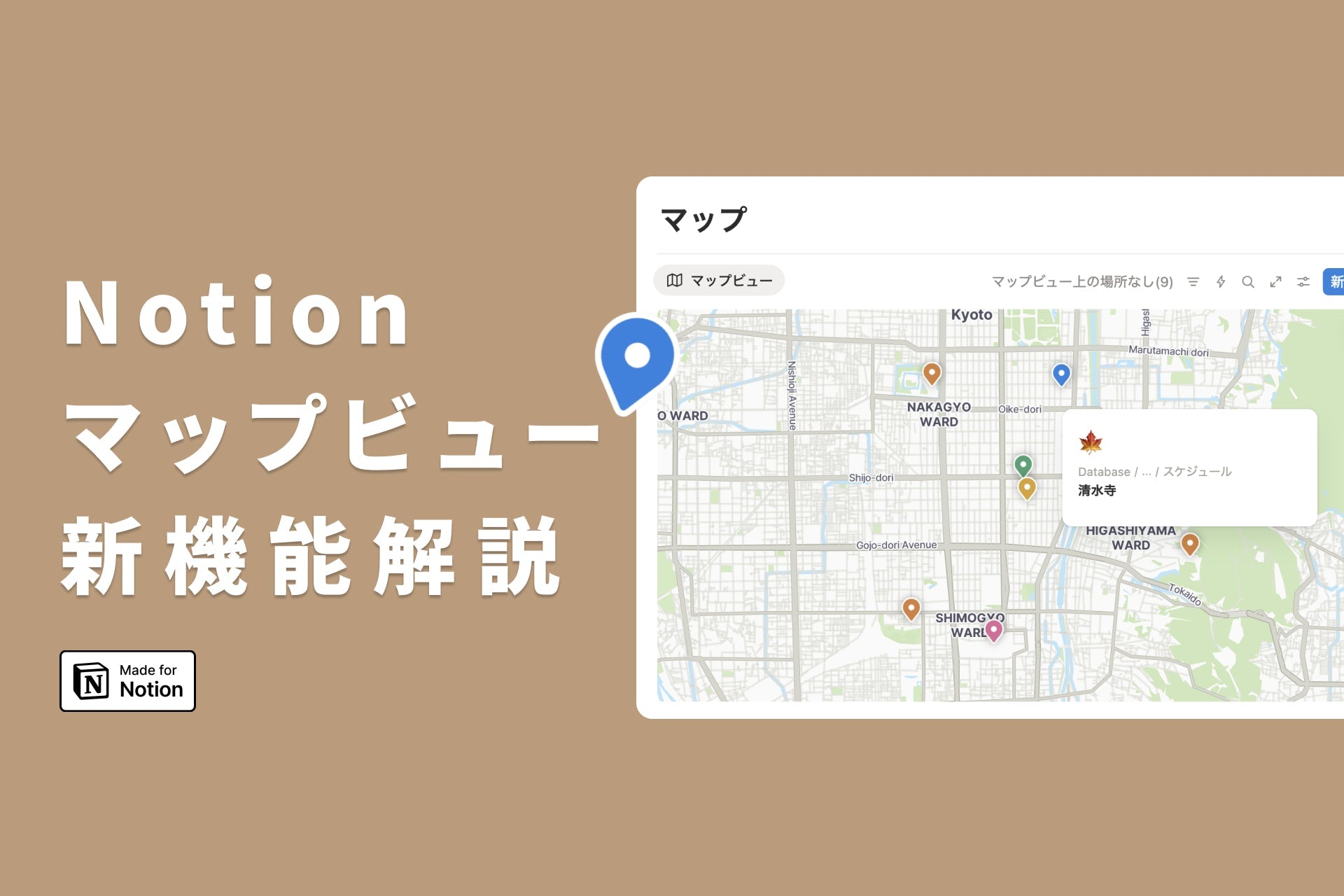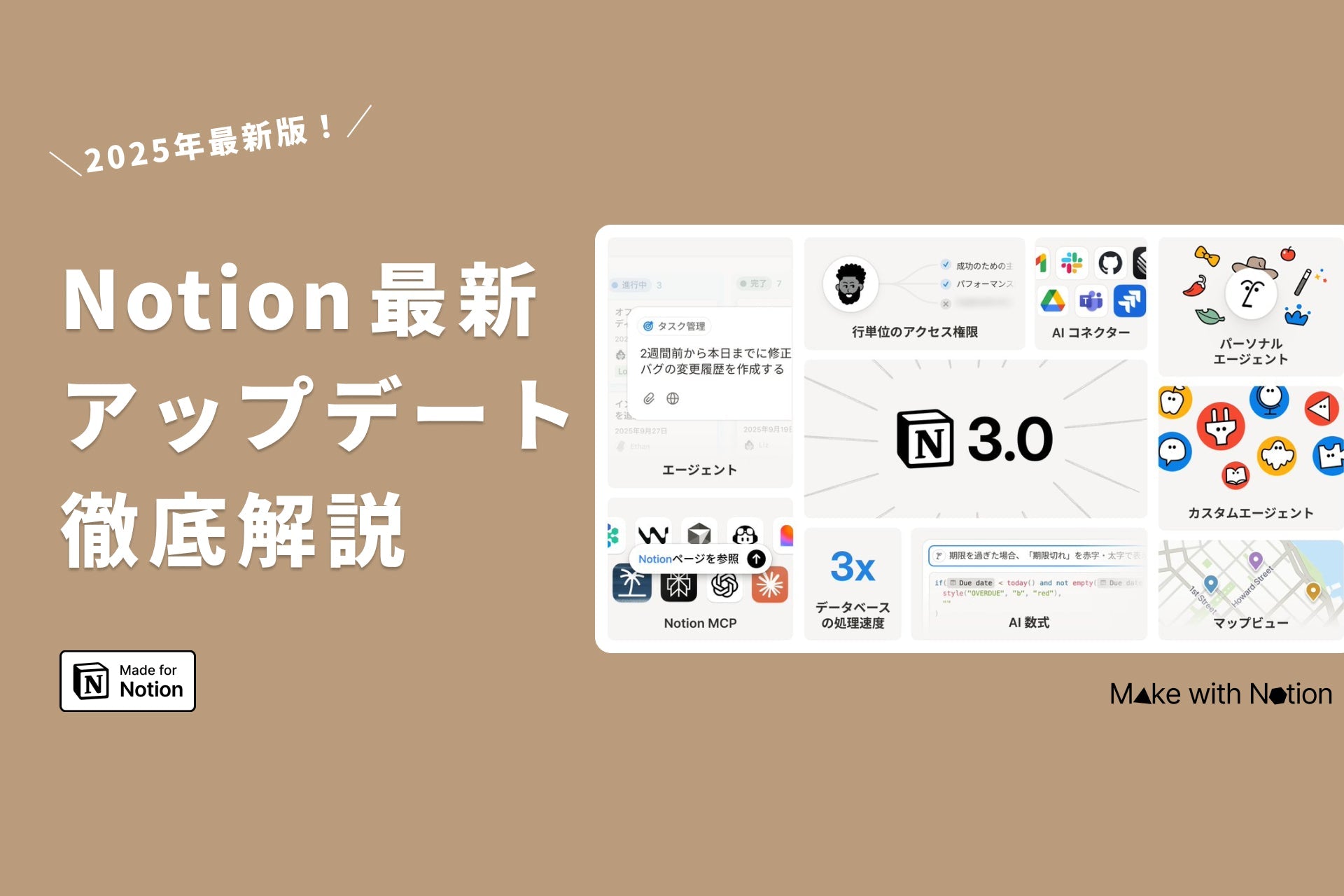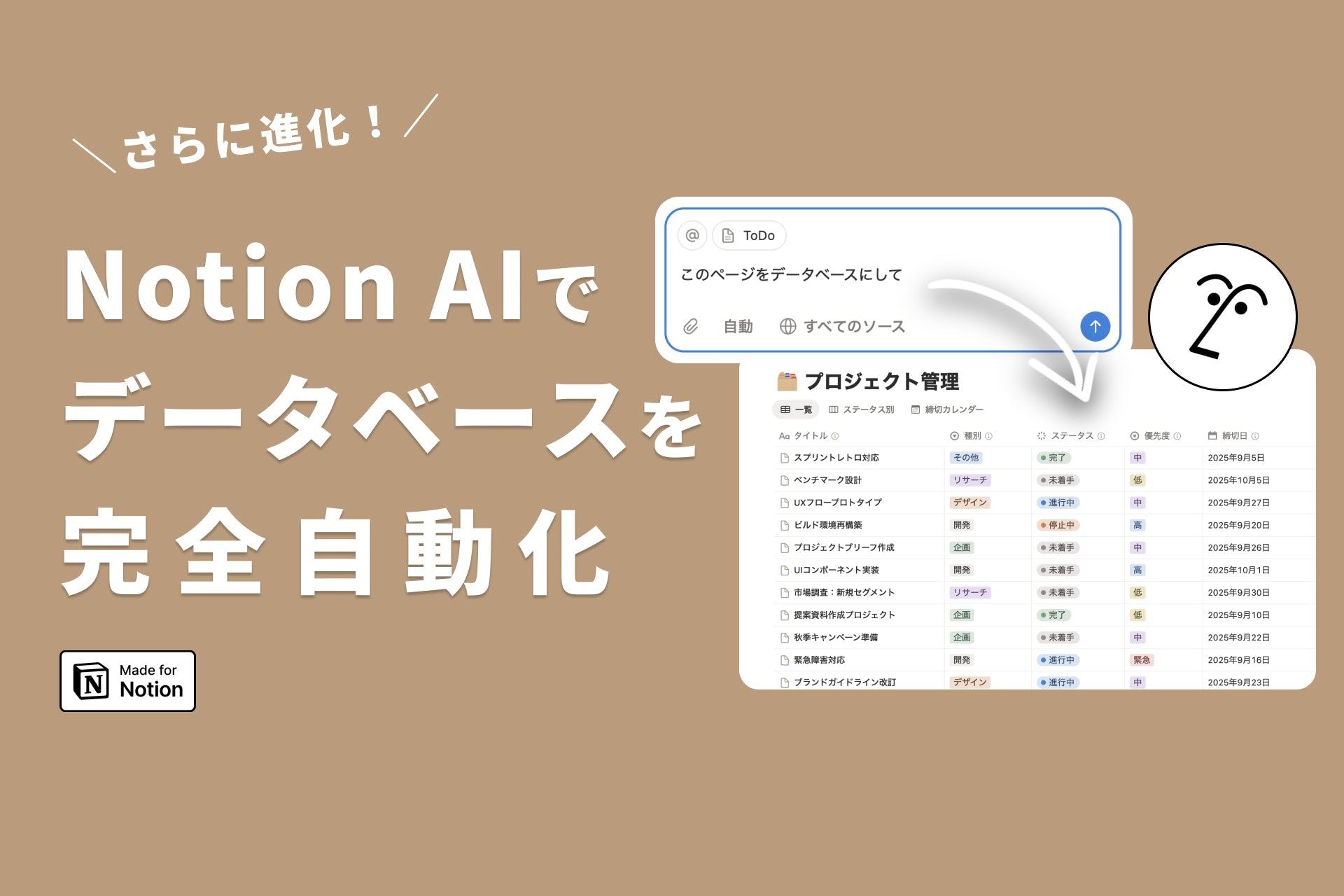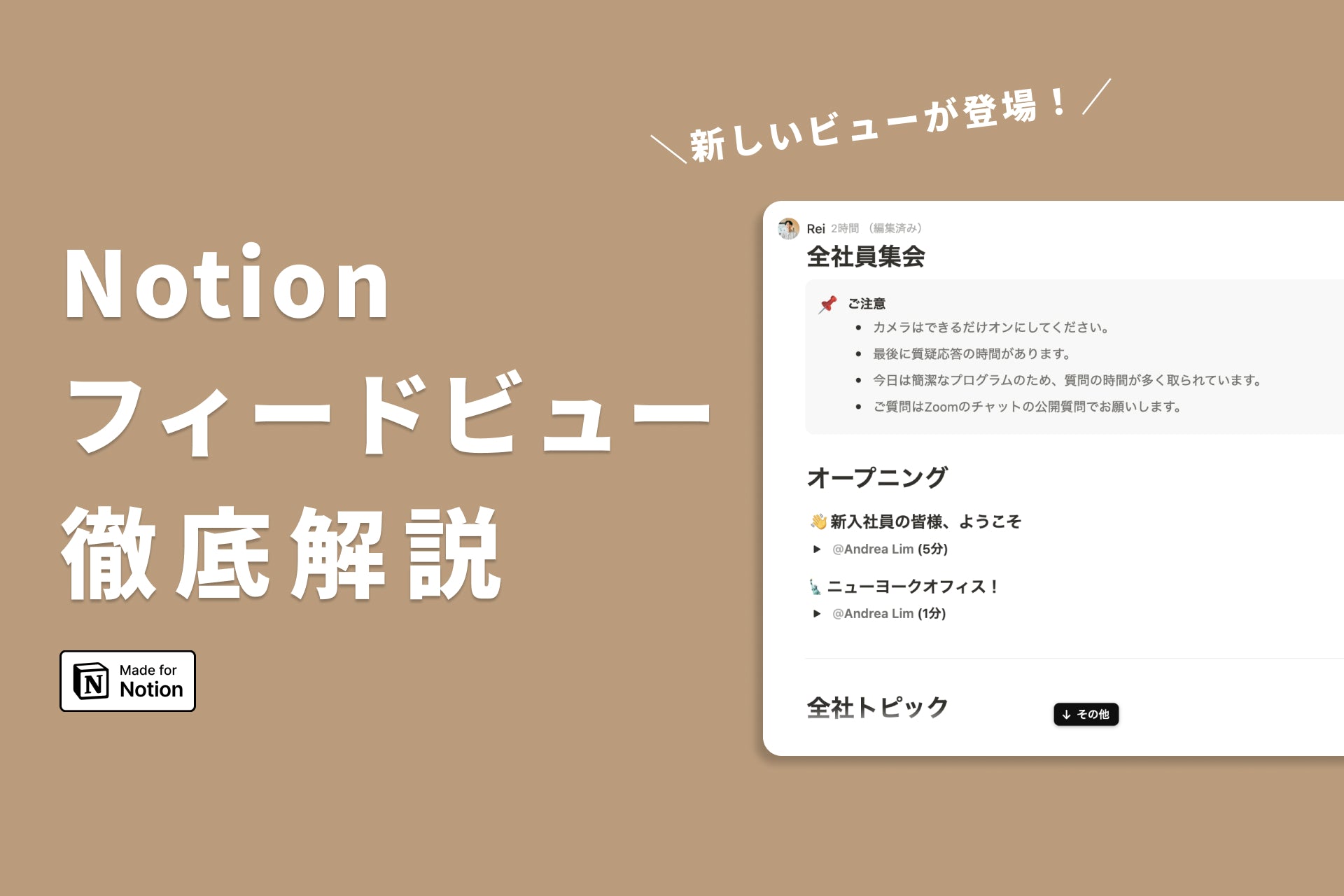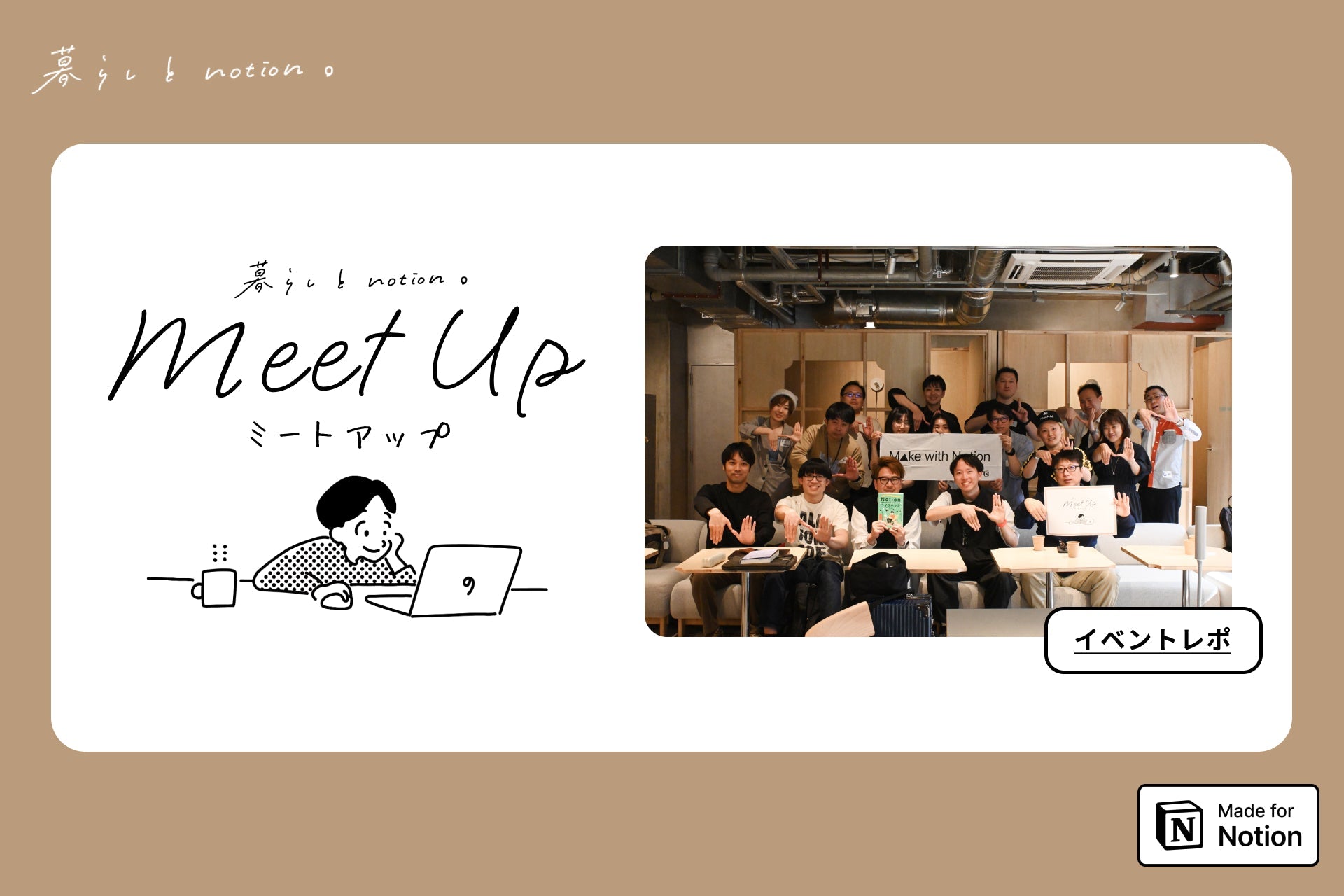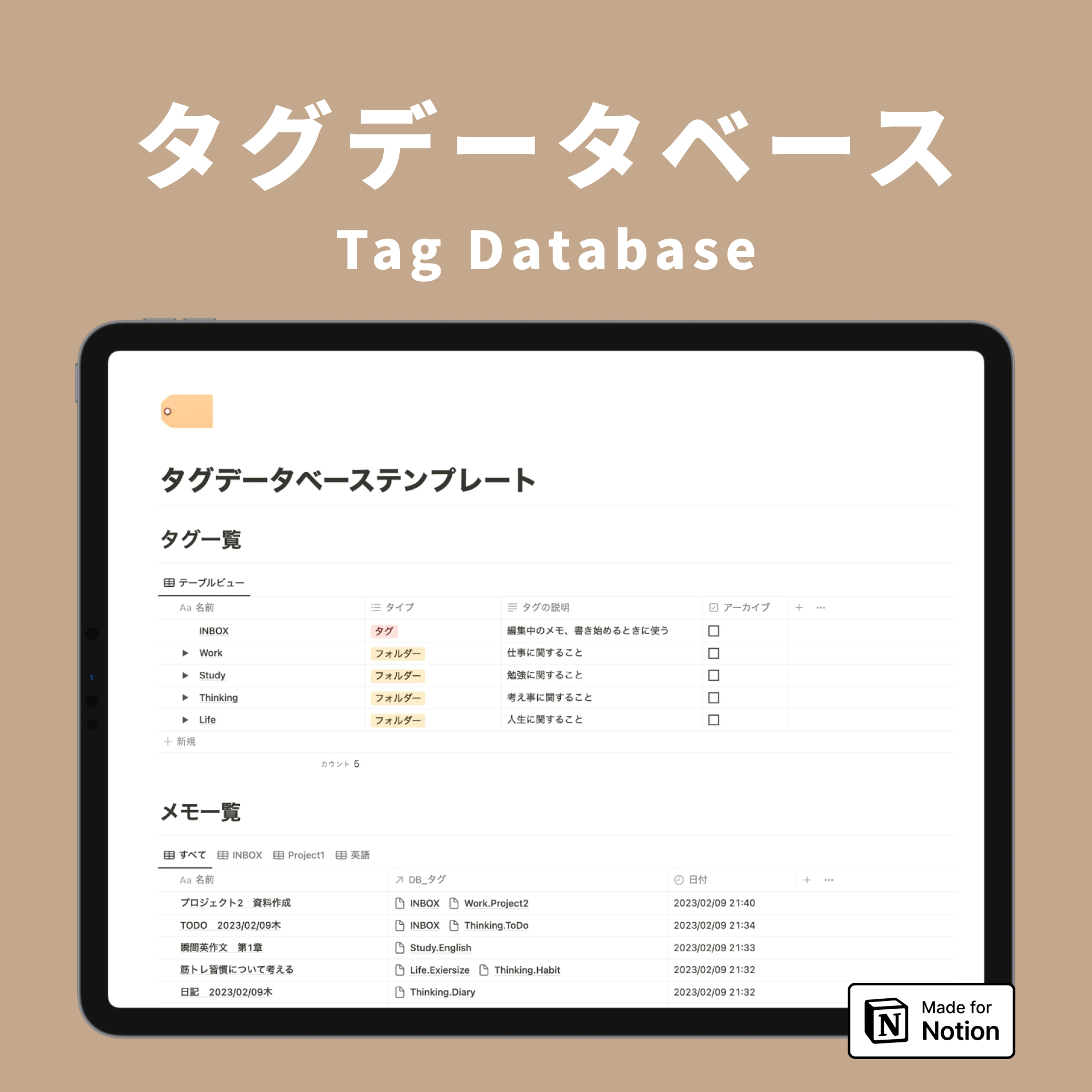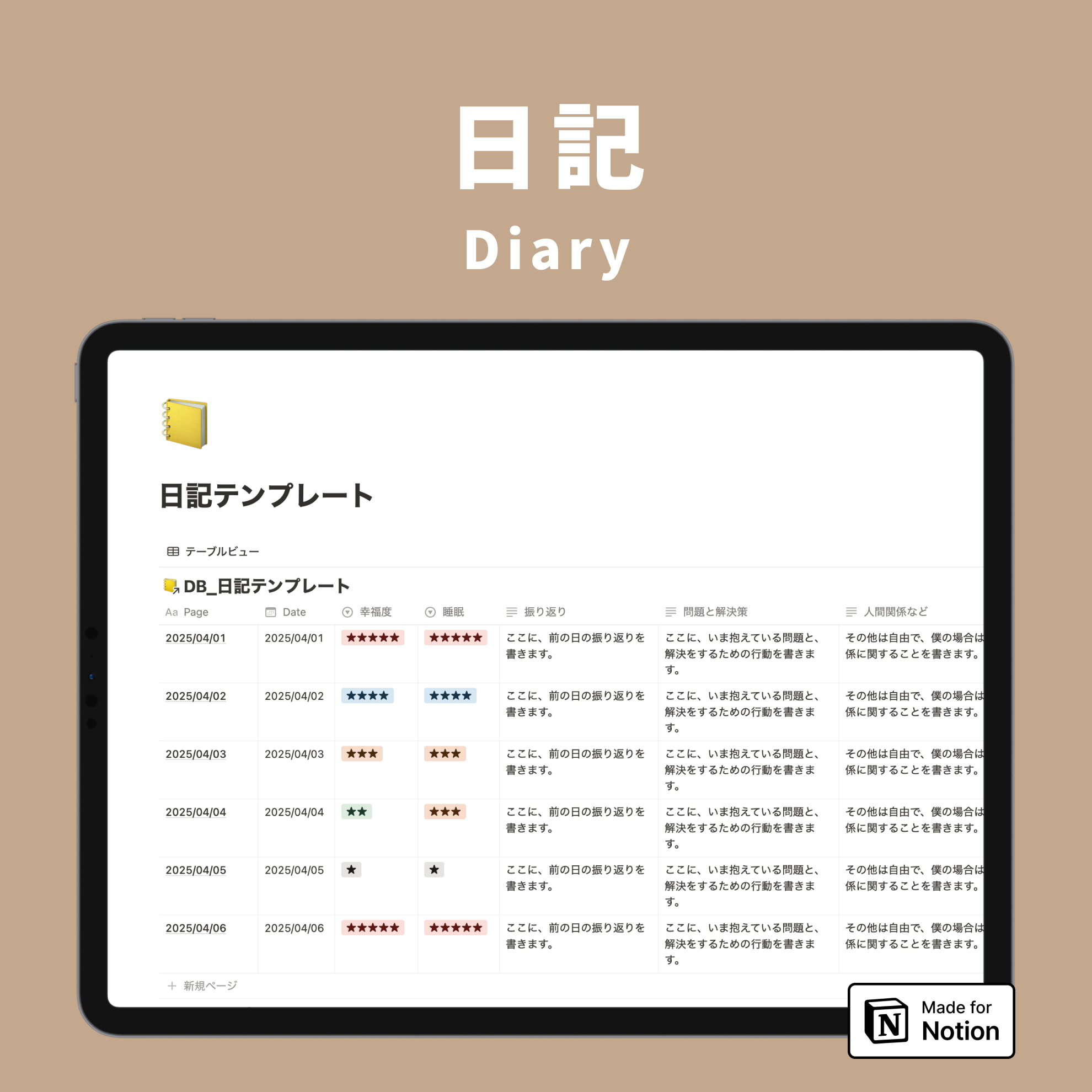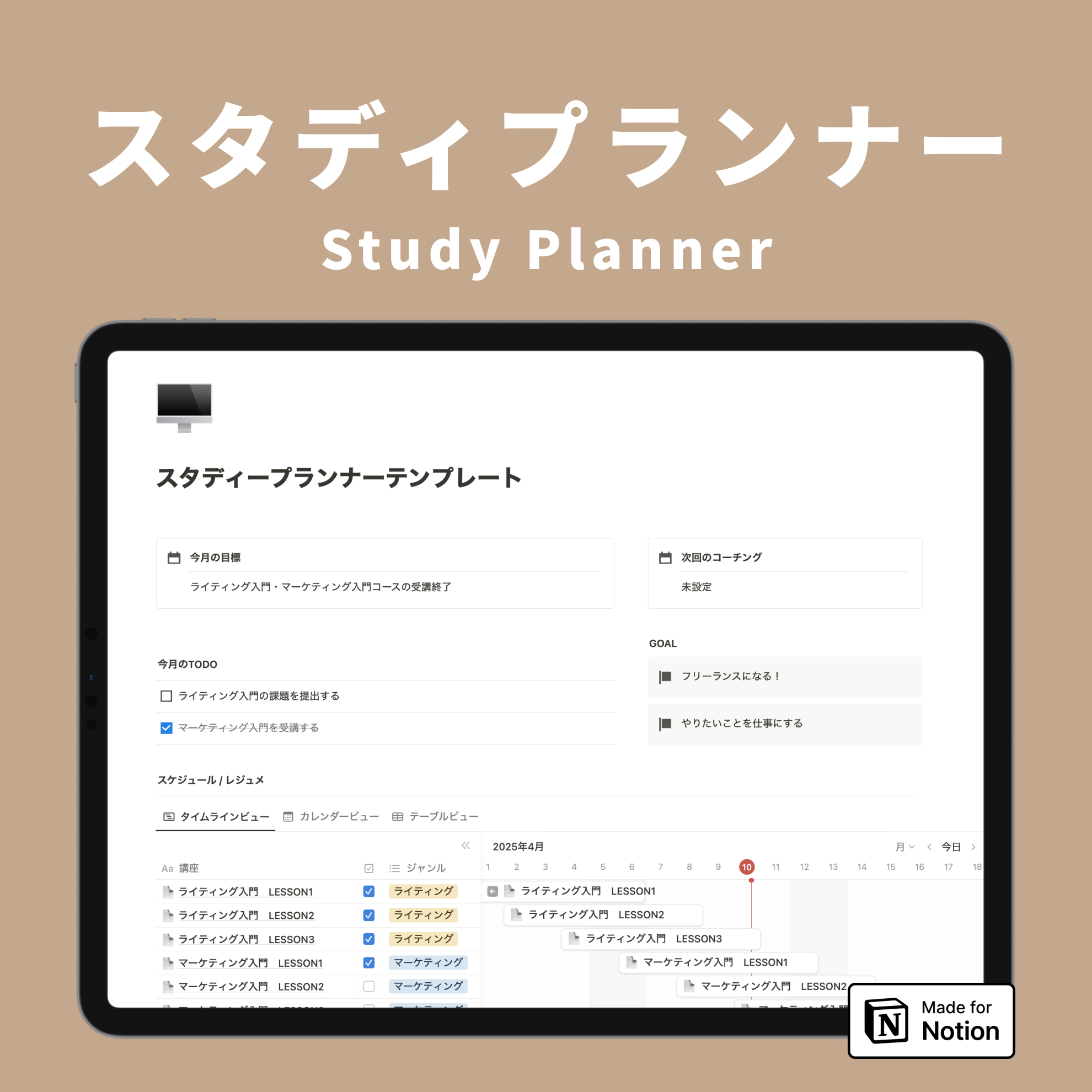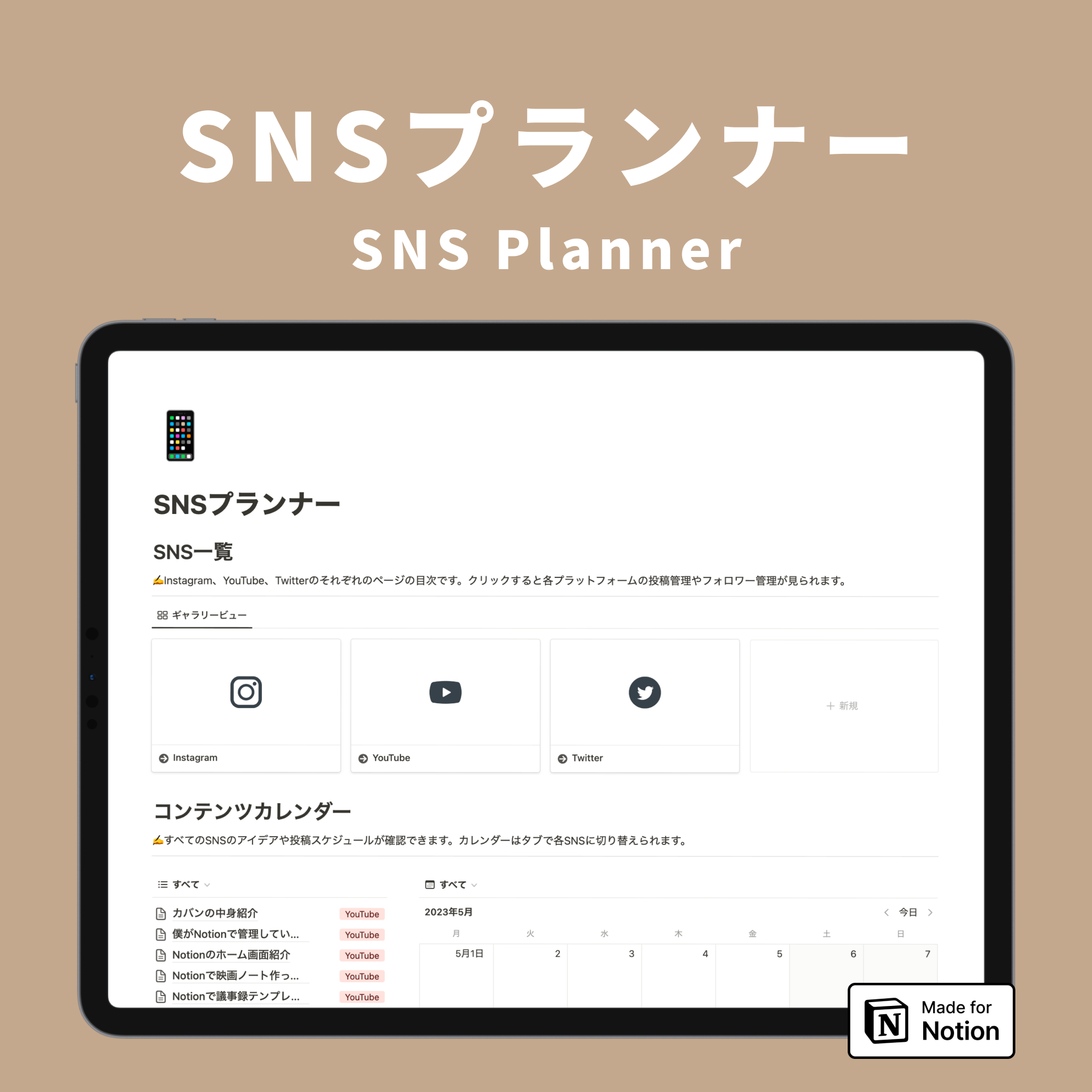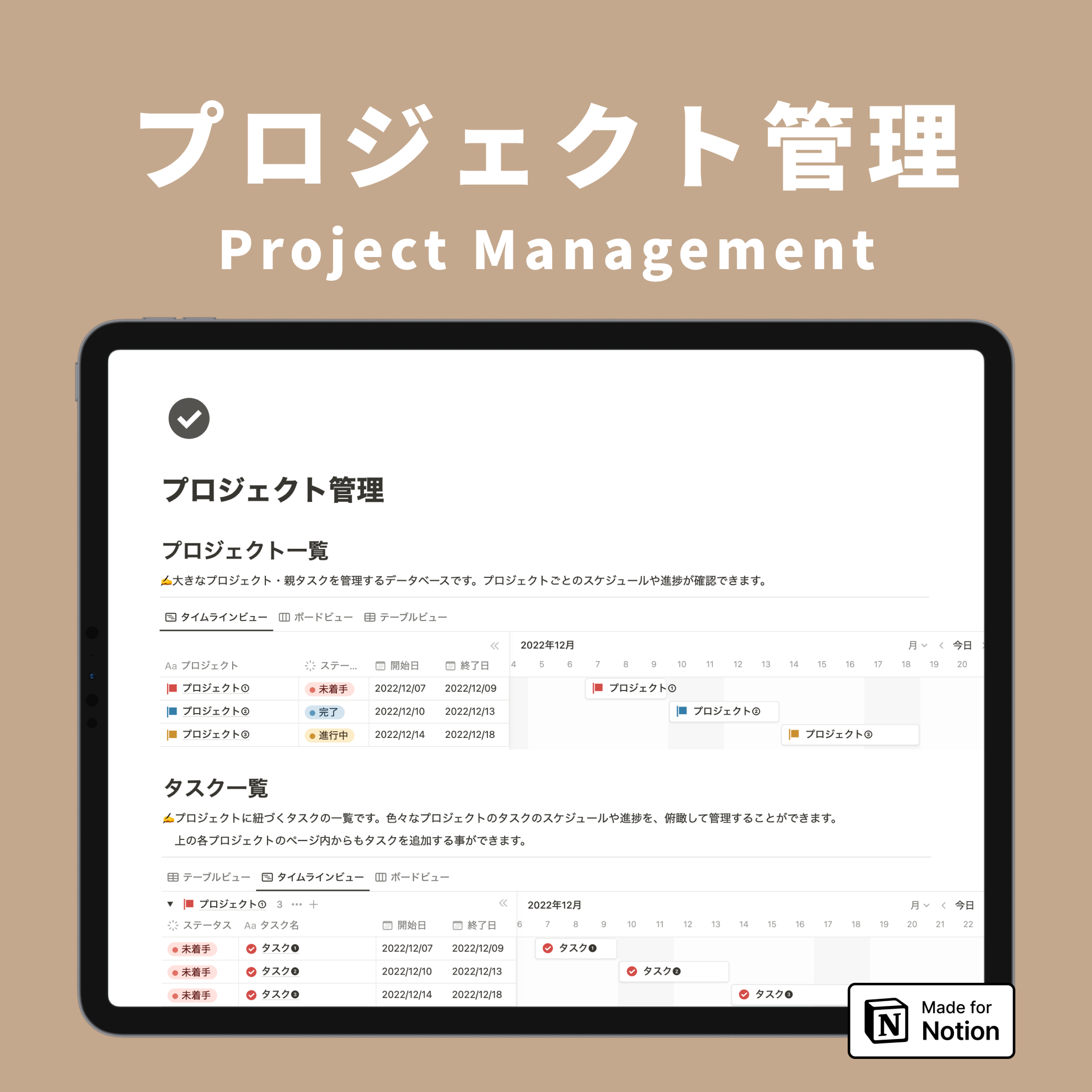💡The " Notion Life Community " is now open!
By subscribing, you can read all paid articles , and you also get benefits such as Notion support for questions and study sessions . Click here to join the community where you can connect with many Notion users!
"Blocks" are one of Notion's unique features, but because they are unique to Notion, they can also be a point where people often get stuck at first.
This time, we will explain in detail what blocks are, the types of blocks, and how to use them, so that even Notion beginners can understand!
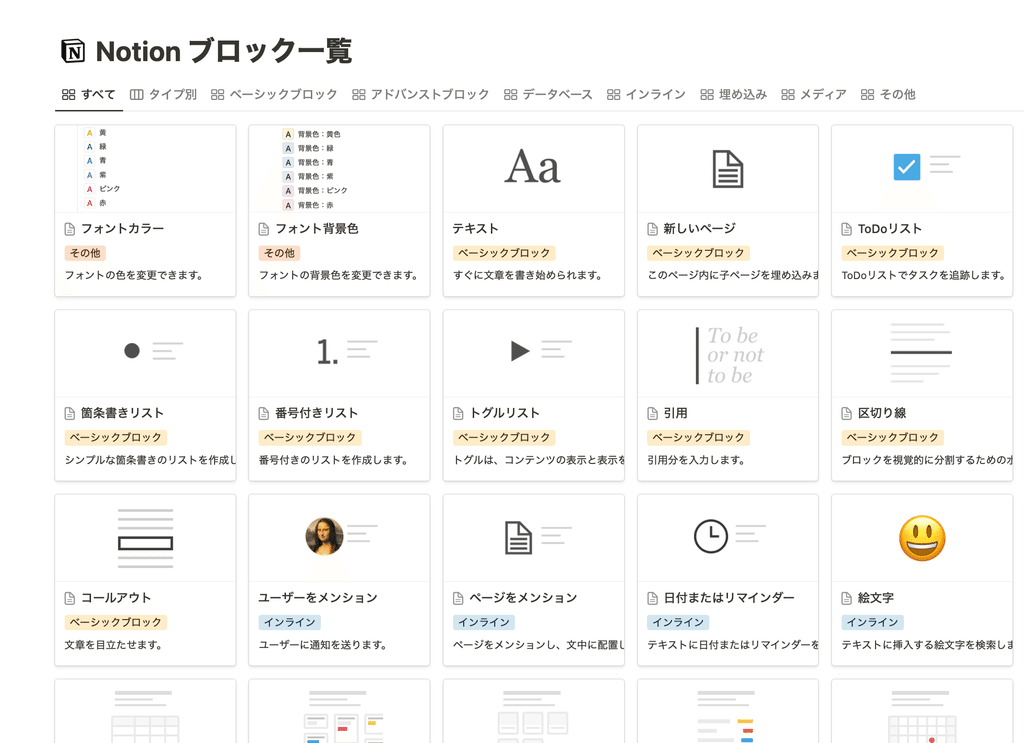
🎬 Director: Rei
✍🏻 Writer: Mino Kurumi
1. What is a "block"?
Notion allows you to include not only text, but also images, tables, videos, and maps.
All content that can be included on a page, such as text, images, and tables, is called a "block."
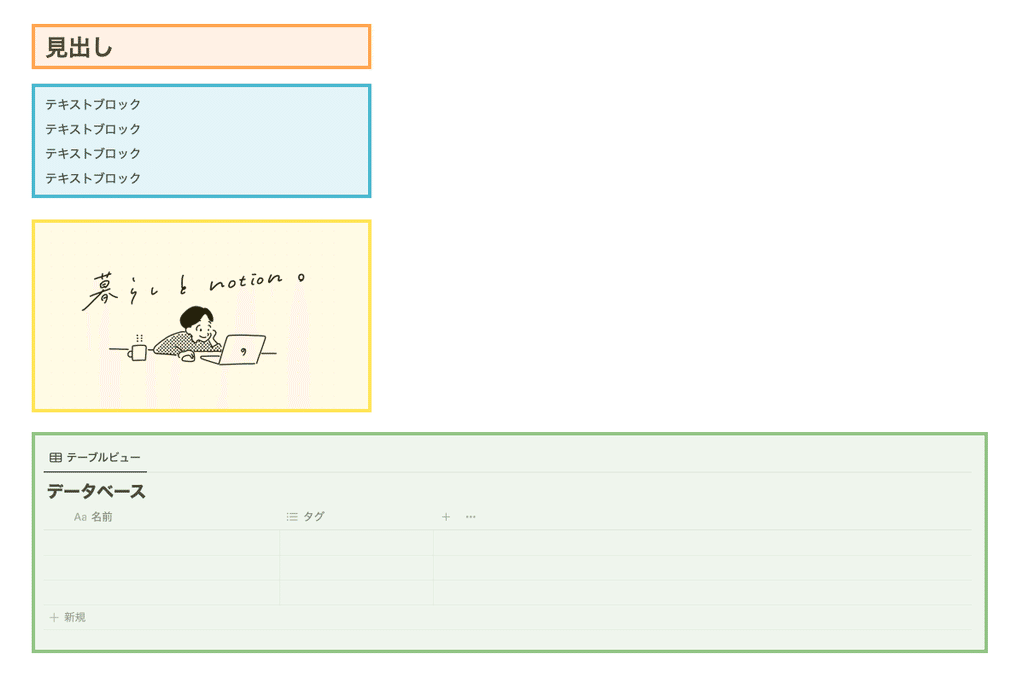
In other words, it is no exaggeration to say that Notion is made up of "blocks," as these are very important elements.
Notion's "Blocks" feature is often likened to Lego blocks, and just like Lego, they can be freely assembled and easily rearranged .
You can arrange them vertically from top to bottom in a single column, or you can create a layout with two or three columns horizontally. You can also mix and match images and videos in addition to text.
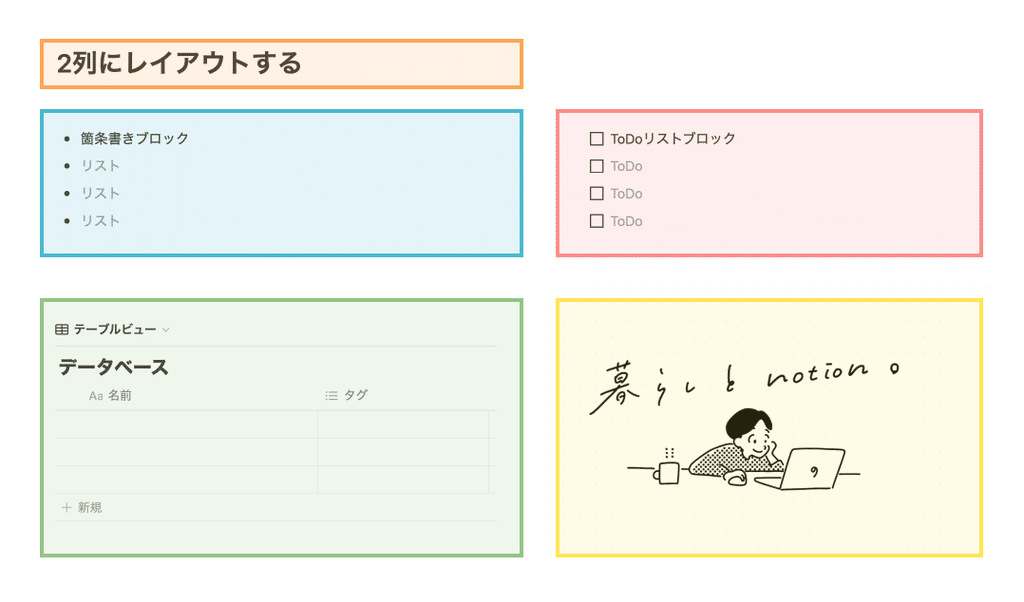
Once placed, the blocks can be easily rearranged by dragging and dropping. This allows you to intuitively place the blocks, allowing you to create pages freely.
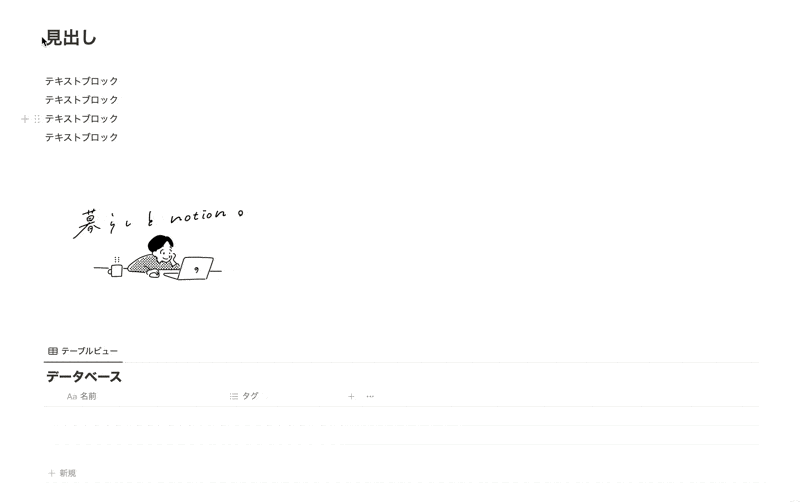
2.What types of blocks are there?
How many types of blocks do you think there are?
In fact, there are more varieties than you might imagine, with over 50 in total!
- Part of a block
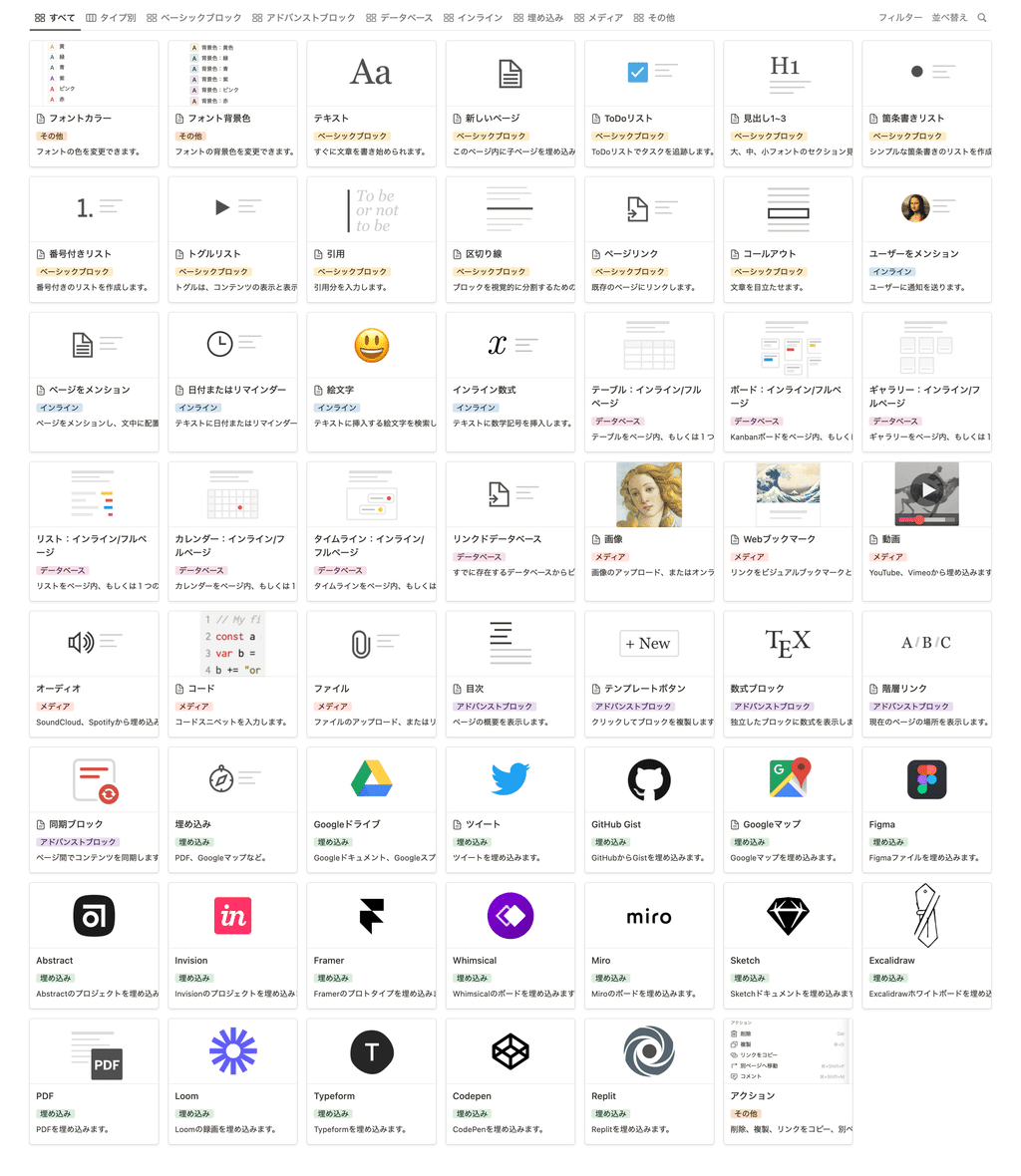
Not only text, but also pages, TODO lists, headings, and bullet points are all blocks.
There are also various other types of blocks, such as tables, embedded images and videos, and embedded linked tools such as social media.
🔗See the list of blocks here
Thanks to the wide variety of blocks with different functions, you can create a variety of pages in Notion.
3. Let's place some blocks
Now let's actually place some blocks and try them out!
3-1. Add a block
Adding a block is very easy.
1. Hover your cursor over the page and click the "+" button that appears
2. When the menu appears, select the block you want.
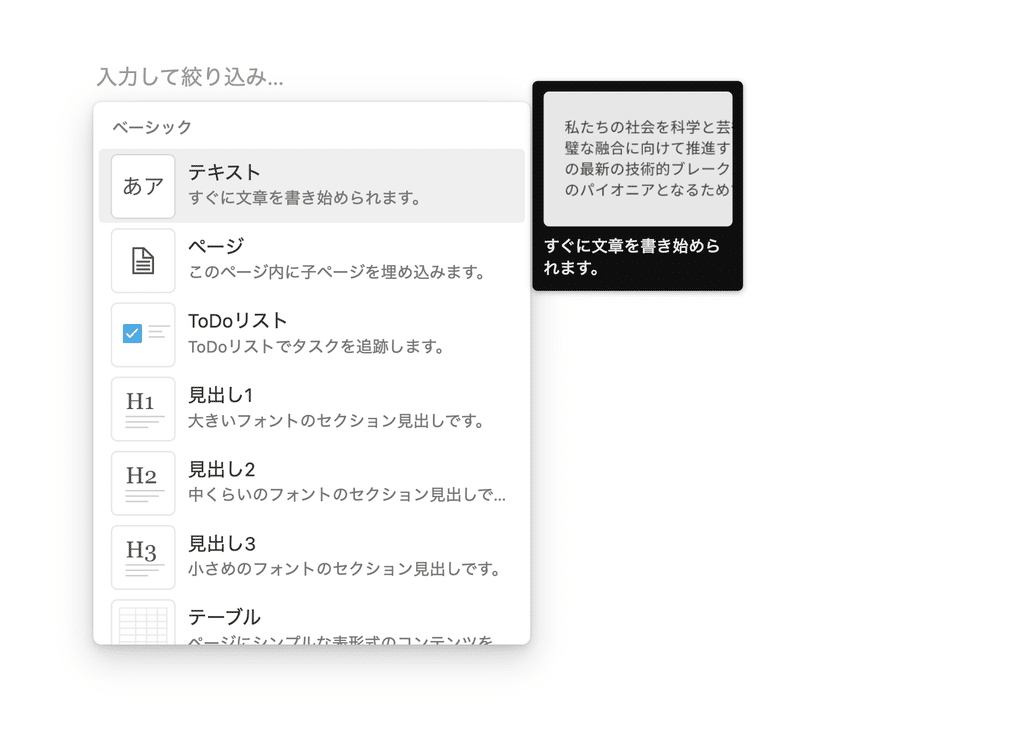
Once you get more familiar with it, try adding blocks using shortcuts . You can add blocks not only using the "+" sign shown above, but also by typing in a shortcut.
To use the shortcut, simply type the name of the block you want to add, followed by a half-width slash "/" or a full-width semicolon ";" .
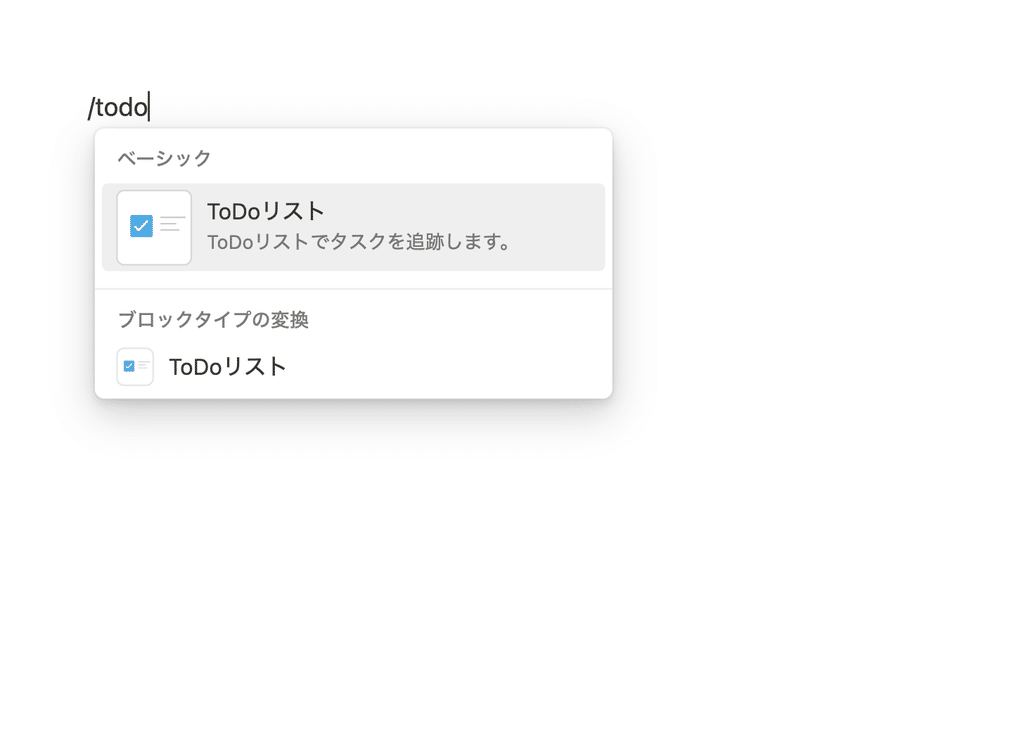
📄 Shortcut Examples
- Create a to-do list: /todo
- Create a new page: /page
- Create a bulleted list: /bullet
- Create headings: /h1,/h2,/h3
Once you master the shortcuts, you can create pages faster using only the keyboard. Be sure to try them out once you get used to them!
3-2. Modifying blocks
Once you create a Notion block, you can easily change it to another block.
1. Click the "⋮⋮" (block handle) mark on the left side of the block
2. Click "Convert Block Type" and select the type of block you want to change.
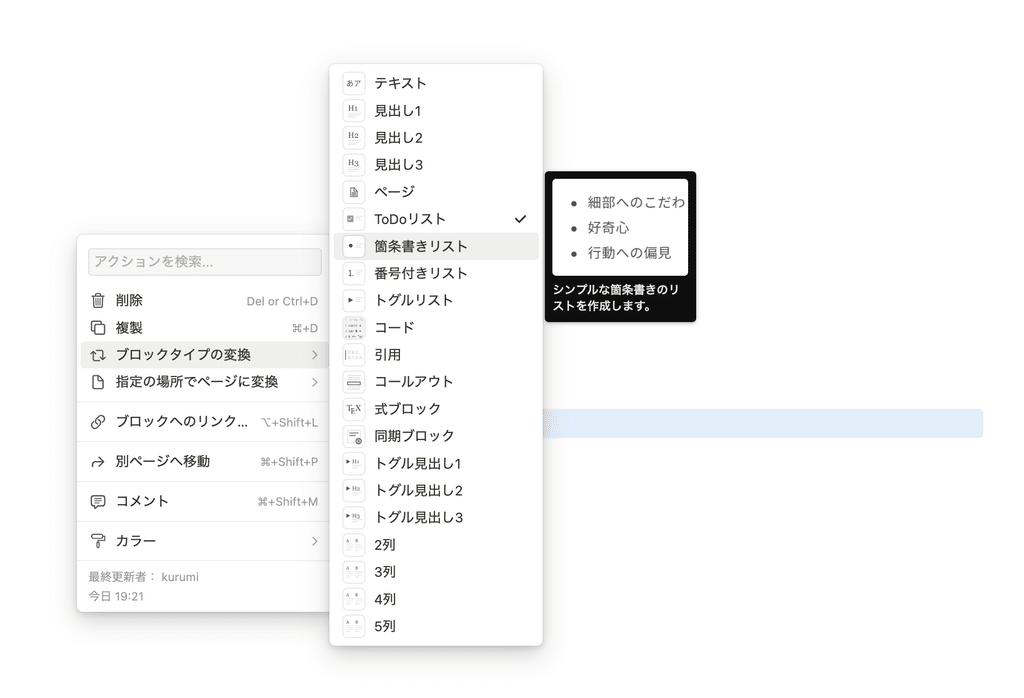
Changing blocks is very useful when you want to change normal text into headings or bullet points. You can also delete or duplicate blocks using the " ⋮⋮ " mark.
3-3. Rearrange the blocks
You can also rearrange the order of blocks by long pressing the "⋮⋮" mark (block handle) and dragging it.
To rearrange the columns, tap and hold the "⋮⋮" icon and drag it to the desired location . You can also change the layout to two or three columns by tapping and holding it and dragging it to the right edge of the column.

Even if you decide you want to change the order after assembling the page to a certain extent, it's very convenient because you can easily move it by just dragging.
summary
That's all for the explanation of the "Block Feature"! Be sure to try using the various blocks to master Notion.
I have also explained the "database" which is one of the first things that can be difficult to understand when using Notion in a previous article, so please read that as well if you are interested.
Click here for a list of Notion templates available on "Notion in Life" !
The book "Notion Life Hacks" is now on sale! It includes 36 templates and provides plenty of practical tips on how to use Notion.
We also introduce how to use Notion and specific examples of its use on YouTube , so please take a look if you're interested.
We will continue to provide information about daily life and Notion to help you get the most out of your busy days.
Thank you for reading to the end!
See you in the next article.

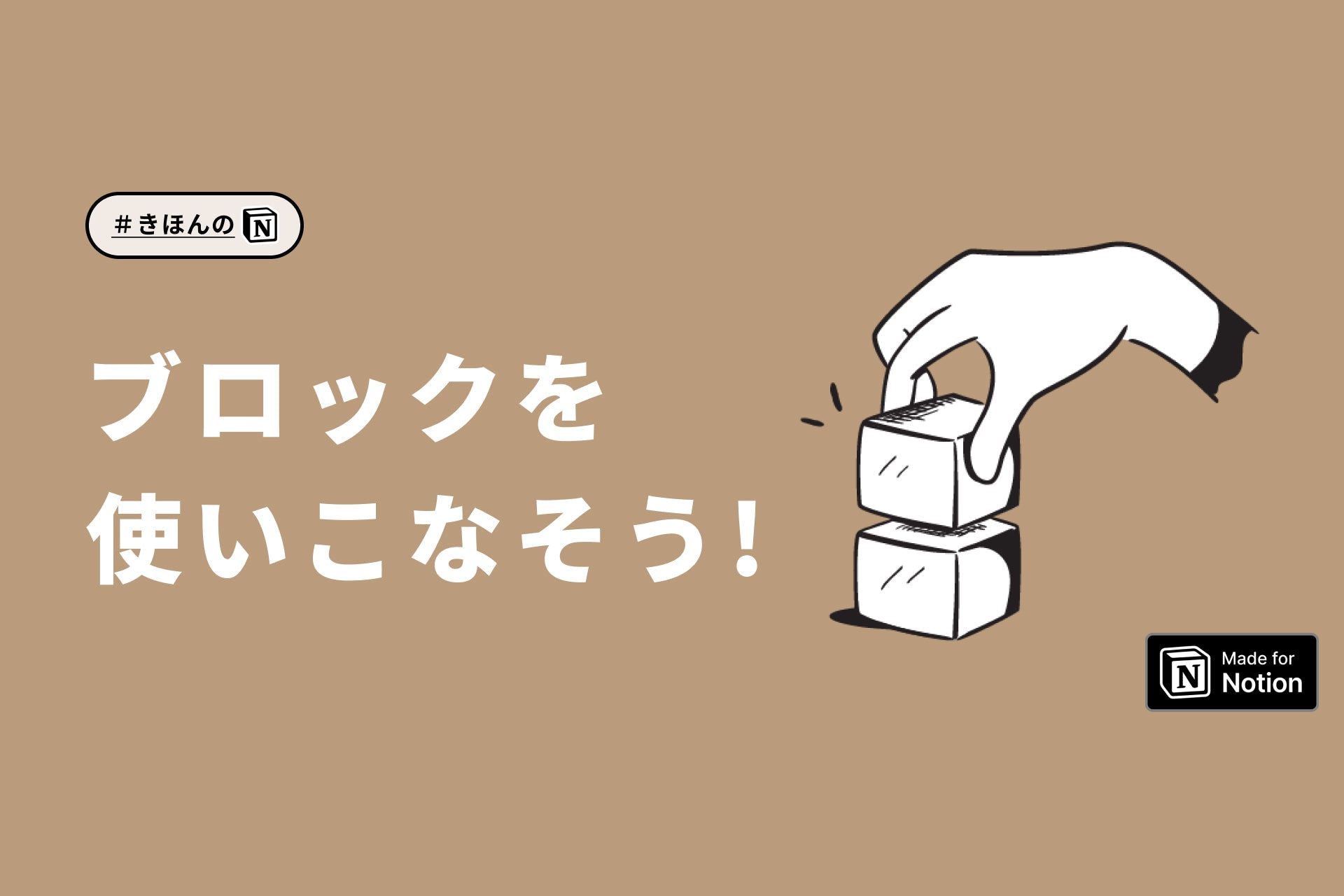




![[Study Group Report] We held a Notion Formula Study Group!](http://kurashi-notion.com/cdn/shop/articles/2510_notionblog_formulaseminar_967275ed-a27f-4af8-ab02-34ca3ee3f96a.jpg?v=1762425140&width=1920)

